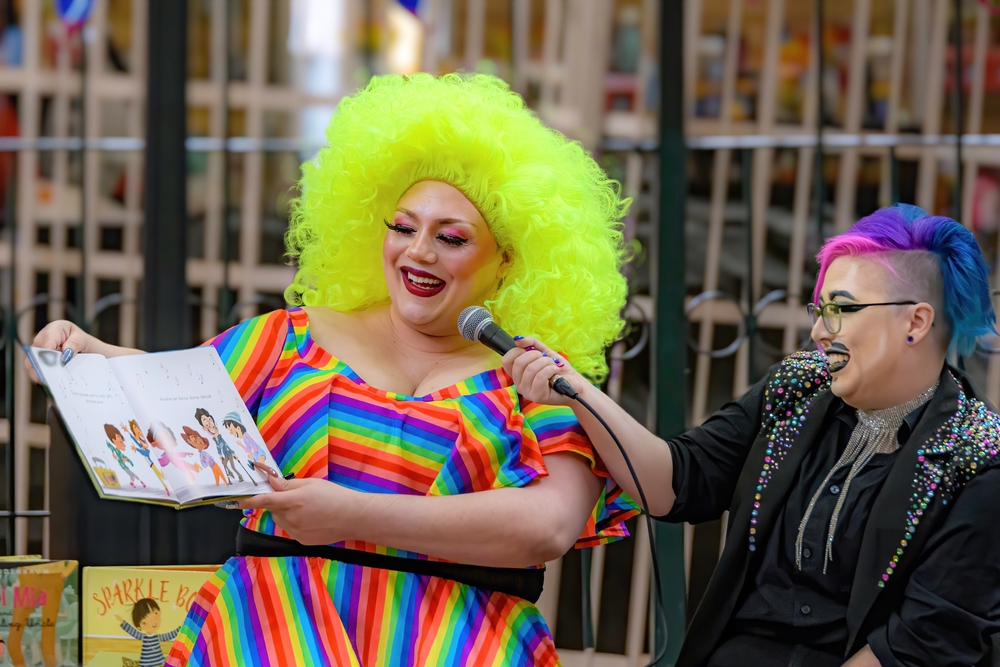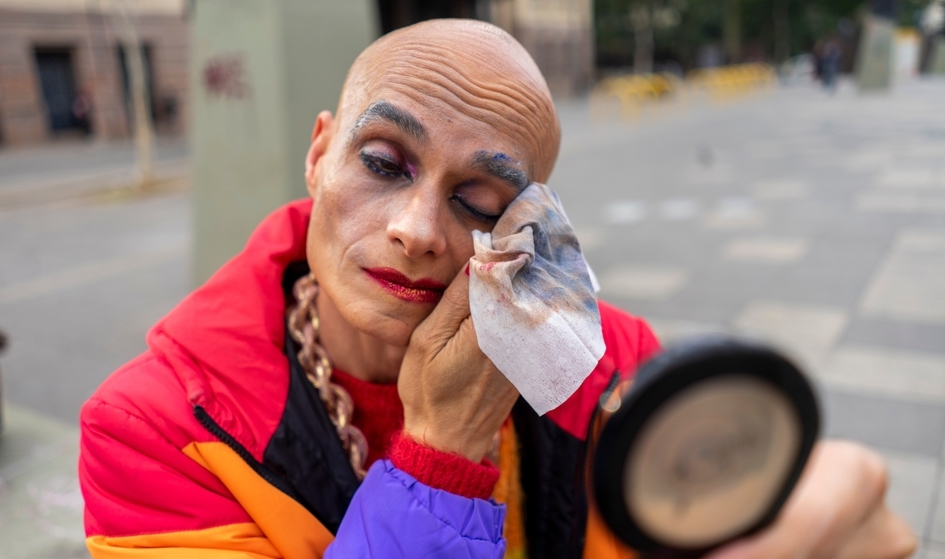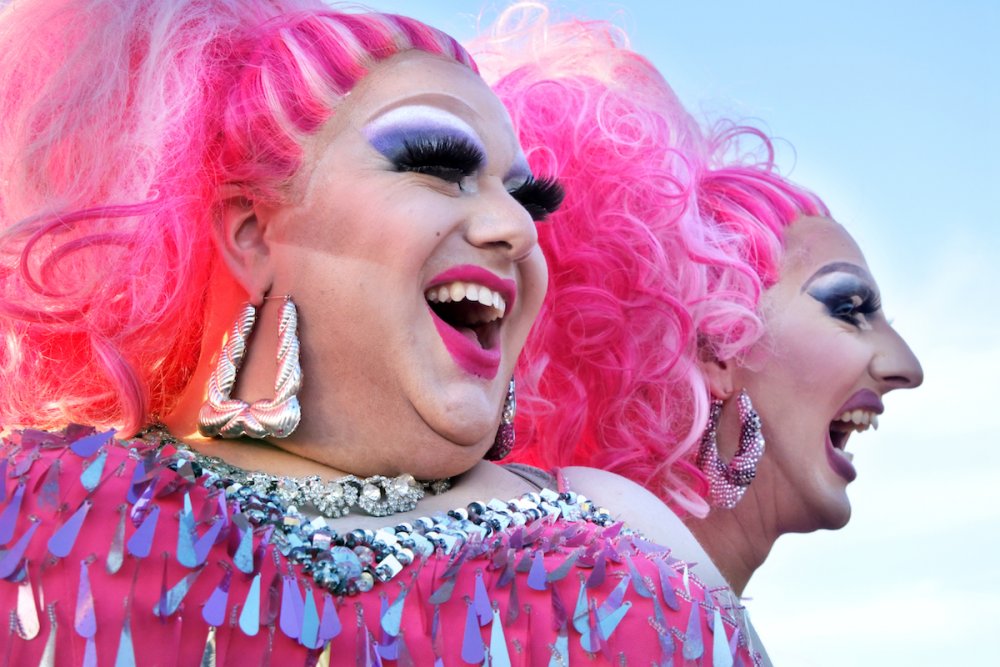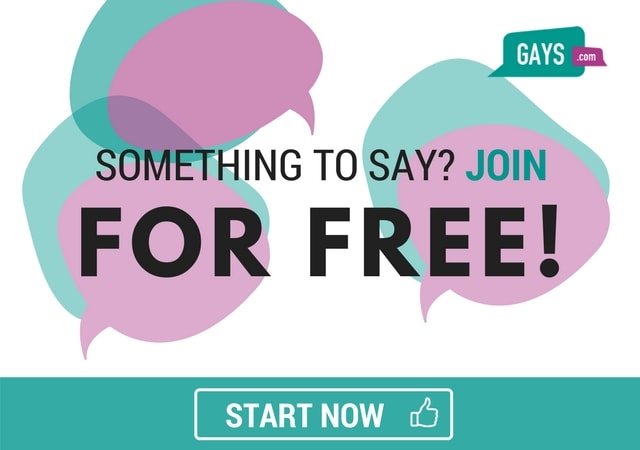So-called anti-drag laws are trying to be implemented in a number of states across the USA, including Tennessee. If passed, what does it mean for the future of drag queens? Alex Hopkins investigates...
‘Remember the price of queer freedom is eternal vigilance,’ said veteran LGBTQ+ rights campaigner Peter Tatchell. The equality we’ve won can be quickly lost, as events in Tennessee – and other US states – are now showing.
The southern state has become the first in the US to enact a so-called anti-drag bill that will prohibit drag performances in public spaces. But, what does this draconian legislation actually mean? And, more importantly, what are the potential ramifications for members of the LGBTQ+ community in Tennessee and beyond?
What’s the story of the bill so far?
Tennessee Senate Bill 3 was drafted by Tennessee Republican Senator, Jack Johnson, in November 2022. Earlier, in September that year, Johnson was made aware of a video circulating on Twitter reportedly showing children giving a drag queen dollar bills
According to Johnson, ‘mortified’ parents who witnessed similar events, including Drag Story Hours, contacted him. And this spurred him to pursue the legislation.
Johnson found that he had plentiful support for the proposed legislation in conservative circles. And this was unsurprising given that the Republicans, closely aligned with the religious right, control both houses of the Legislature and the governor’s office in Tennessee.

Under new laws, telling drag stories could be a thing of the past shutterstock/Doug McLean
The man responsible for signing the bill is the 50th governor of Tennessee, Bill Lee. He put his name to it on March 2nd. This came after he signed a ban on gender-affirming healthcare for trans children on the same day.
The law was due to come into effect on April 1st. However, in a dramatic twist, district judge Thomas Parker, citing the US’ first amendment and freedom of speech, has temporarily blocked the law following a lawsuit filed by LGBTQ+ theatre company Friends of George’s.
What does the anti-drag bill actually say?
Those supporting the bill are claiming that it centers around the protection of children. The bill bans ‘adult-oriented performances’ in any public space where minors may be present. These spaces would include Drag Story Hours and the state’s annual Pride festival.
“The southern state of Tennessee has become the first in the US to enact a so-called anti-drag bill that will prohibit drag performances in public spaces.”
Topless dancers, exotic dancers, go-go dancers, and strippers fall under the bill’s umbrella term of ‘adult cabaret’. However, the bill also says that such performances include those by ‘male and female impersonators’, which is where the drag aspect of the legislation comes into play.
According to the bill such individuals ‘provide entertainment that appeals to a prurient interest’, the implication being that they pose a threat to children.
What does ‘prurient interests’ mean and what has this got to do with drag queens?
The definition of ‘prurient interests’ is something that has or shows and encourages excessive interest in sex or sexual matters, particularly the sexual activity of other people.
So, yes, a case can be made for performances by strippers and go-go dancers being rooted in ‘prurient interests’. But how drag queens fall into this definition is far from clear. And what exactly is the logic in clumping them together with strippers? As Stella Yarborough of the American Civil Liberties Union (ACLU) quite rightly says, ‘...drag performances are not inherently obscene nor prurient.’
 Will drag queens across the USA have to wipe off the make-up? shutterstock/Cris Faga
Will drag queens across the USA have to wipe off the make-up? shutterstock/Cris Faga
Indeed, drag as an art form is as ancient as comedy and entertainment itself. And children have seen it performed for centuries. Moreover, like all art forms, drag exists on a spectrum; there are different types of drag. Yes, of course, there’s drag with sexual humor and, no, this isn’t suitable for minors. But there are also blockbuster movies at your local multiplex that aren’t meant for a child’s viewing.
What other problems are there with the bill’s language?
One of the principal issues is that the language of the bill is both broad and vague. For example, it does not explicitly state anything about drag – only ‘male and female impersonators’. And this term is open to multiple interpretations.
Furthermore, there remains a distinct lack of clarity on who may be classed as a ‘male or female impersonator’. For example, actors in a Shakespearian play crossdress. And what about musicals such as Mrs. Doubtfire, in which the main protagonist dons the attire of a harmless spinster? Will those appearing in these productions also be at risk of prosecution?
“In theory, drag queens could be prosecuted. And charges for a ‘misdemeanor’ for an initial offense could carry a fine of several thousand dollars, plus up to a year in jail.”
This vagueness of the bill’s language is at the centre of the temporary block on the legislation. Oh, and the not-inconsiderable fact that Tennessee has not adequately explained why such a law is required.
So, what’s the real motivation behind the bill?
Opponents of the bill are simply not buying the protection of children angle. They’re seeing the legislation as yet another underhand attack on the LGBTQ+ community.
Memphis drag queen, Bella DuBalle, a vocal opponent of the bill, perhaps puts it best when she says that the bill isn’t about safeguarding children at all but yet another attempt to hurt a marginalized community.
And this certainly makes sense when one looks at the context. Indeed, as ACLU notes, this bill is just the latest in over 400 bills that have targeted LGBT+ people in the US in 2023 alone. Chilling indeed.
Could drag queens be prosecuted? And, if so, what penalties could they face?
In theory, yes, drag queens could be prosecuted. And charges for a ‘misdemeanor’ for an initial offense could carry a fine of several thousand dollars, plus up to a year in jail. But more worrying still, further offense could result in six years imprisonment.
ACLU has said that it will challenge the legislation if attempts are made to criminalise drag queens or stop LGBTQ family-friendly events. Additionally, Karine Jean-Pierre, the White House press secretary, has called the bill ‘dangerous to the LGBTQ+ community.’

Drag queens across the USA are fighting back and still smiling
What impact could the law have on queer and trans children?
The aim behind events such as Drag Story Hours, which began in 2015, is to promote diversity and provide safe spaces for queer and trans children to be themselves.
Erasing such spaces could make it even more challenging for young people who identify as LGBTQ+ to grow up and imagine a future for themselves in an already hostile world.
Additionally, there are very real concerns that the anti-drag law, with its vague language over ‘male and female impersonators’, could see trans people experiencing further discrimination and abuses.
What are the wider consequences of this law?
The anti-drag law is not isolated to merely Tennessee. So far, 12 other US states, from Arizona to West Virginia, are considering passing similar legislation in what can be seen as a sustained, far-reaching assault on LGBTQ+ rights.
More alarming still, ACLU has said that such legislation could well be deployed to ‘censor people based on their own subjective viewpoints of what they deem appropriate.’
What happens next?
While the law has for now been blocked, the battle is far from over. Those behind the legislation must now prove that it is constitutional and clarify its scope and application. And this will be decided in court – a day that Friends of George’s more than welcome, confident that justice will prevail. • Main image: shutterstock/ChameleonsEye
In what ways can the LGBTQ+ community fight Tennessee’s anti-drag bill and other plans for similar legislation across the US? Let us know by commenting below. 


Join the conversation
You are posting as a guest. If you have an account, sign in now to post with your account.
Note: Your post will require moderator approval before it will be visible.
There are no comments to display.